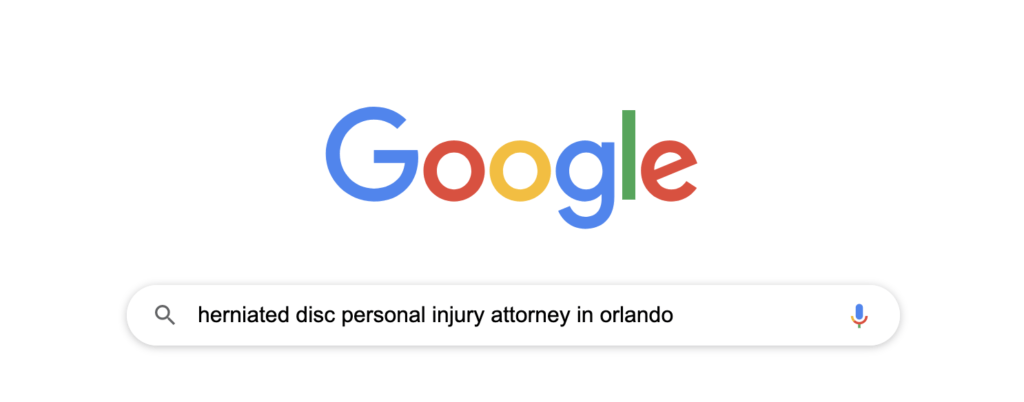Using a blog for content marketing brings more traffic to your website. But how exactly does it work? And how do you get started?
Blogs Can Provide Relevant Content to Readers
Blog posts are everywhere these days. It seems like everyone has a blog, or is always reading one. Blogs are a vital component to building traffic on your website and improving your search engine optimization. Good blog content is not only an important part of a content marketing strategy, it can also help you connect with your audience and build a following. In essence, a blog will help your website rank online.
There is no substitute for valuable content. Often, it is the number one driver of your search engine rankings.
The most important thing is to make sure that the content you are posting is relevant and appealing. If you have a gardening business, you probably shouldn’t post blog posts about sports. You want your content to be relevant because it will draw traffic to your site. You want that traffic to be interested in what you have for sale. If they’re there for the sports article, they might not want to buy gardening supplies.
However, if you post an article about different types of flowers, and include links to the flowers, you would get more traction. There are also algorithms in place that promote relevant, up-to-date, and helpful articles. If your content isn’t relevant, it might not show up in a Google search result.
Also check out: An Introduction to SEO for Businesses
A Blog Keeps Your Website Fresh for a High Ranking
There’s nothing more obnoxious than a blog that’s never updated. And, it’s one of the biggest mistakes you could be making on your website. Blogs that aren’t frequently updated and fresh aren’t likely to gain much traffic. It makes sense, really. Blogs that post more often are bound to appear more in search results because there’s simply more content to be found.
Web indexing is the system used to index the contents of a website. It’s the process search engines use to organize information for a quick response to searches and is ultimately how your end up in a search engine’s ranking. Search engines will index different websites to find relevant information as fast as they can. After a website is indexed it is also given weight, so blog posts on your website can rank in search results.
More Internal Links throughout Your Site
Internal linking is incredibly important for the SEO health of your blog. Internal linking is simple, linking to another blog post that’s on your blog. The more you blog, the more internal links you’ll be able to use.
Internal links can be incredibly helpful, especially in guiding someone around your website. If you mention a subject you’ve previously blogged about, you can link to that article. That way the reader can very easily find more information on specific topics without having to dig through the website. The connections between various blog content will improve your user experience and website ranking.
Moz’s SEO learning center states, “Search engines use external anchor text (text other pages use to link to your site) as a reflection of how other people view your page – and by extension, what your pages may be about. While website owners typically can’t control how other sites link to theirs, “you can make sure that anchor text you use within your own site is useful, descriptive, and relevant.”
What are long-tail keywords?
Long-tail keywords are more specific than regular keywords and are very important if content marketing a big focus of yours. Think of them as keywords that focus on a niche.
Focusing on longtail keywords in a blog post is a great way to improve search engine ranking for your website.
Long-tail keywords are more like phrases that are specific to your industry and end up attracting the right customers. If done correctly, longtail keywords can create quality content that also ranks well with search engines.
Most often, longtail keywords get less search traffic, but they usually have a higher conversion rate when they do since people are usually looking for something hyper-specific.
Take for example a search for “personal injury attorney”. This person is probably just beginning their search. But now imagine they search for “herniated disc personal injury attorney in Orlando”. If you’re a personal injury attorney in Orlando that specializes in herniated discs—and you include that as a long-tail keyword in a blog article—you are much more likely to win their business. This is why it’s critical that lawyers follow specialized legal SEO practices intended for their industry. The same could be applied to any business from services to software, to shopping and portfolio sites.
Audiences that use long-tail keywords are usually motivated to buy, and for that reason alone the strategy can be a great addition to your content marketing efforts.
A long-tail keyword strategy can be really helpful if there’s a lot of competition in your market. Or if there’s a lot of competition for the main keywords you want to rank for.
Blog Posts Help You Target Web Searches With Keywords
Keywords are important when it comes to search engine optimization. Keywords refer to the actual words and phrases being searched by people on search engines. By placing these keywords within titles, headings, text, and image alt tags, you can tell search engines what your website is about. This way, when people search for that keyword, your blog post could be there.
This is also why it’s important to research keywords and look at what other people are searching for. You want to use plain and simple language when it comes to keywords. You’d want to say, “bakery near me” and not “cake preparation chef in my local area”. When people search for things they search in simple language, which is why you need to mirror that in your blog posts’ keywords.
How to Get Started With a Business Blog
To get started with your business blog, you want to have a plan for your content. Do research on what topics other businesses like yours are writing about, and be prepared to post new content often and on a consistent schedule. Consistency is key when it comes to a successful blog. Readers would much rather see a post once or twice a month rather than seven days of posts and then nothing for an entire month.
A Blog is Only Part of the Online Marketing Plan to Rank Your Website
Aside from blogging, your website needs to be optimized for search engine indexing and retrieval. Many businesses hire an online marketing firm to optimize and manage their websites.
Site Social SEO is a full-service online marketing firm that focuses on increasing a business’s overall online presence through usable website design, smart optimizations, creative content, social media integration, and search engine indexing techniques. We work with small businesses to craft a strategic online marketing plan with a total perspective of your business.
For further reading: Basics of SEO to Know for 2021



